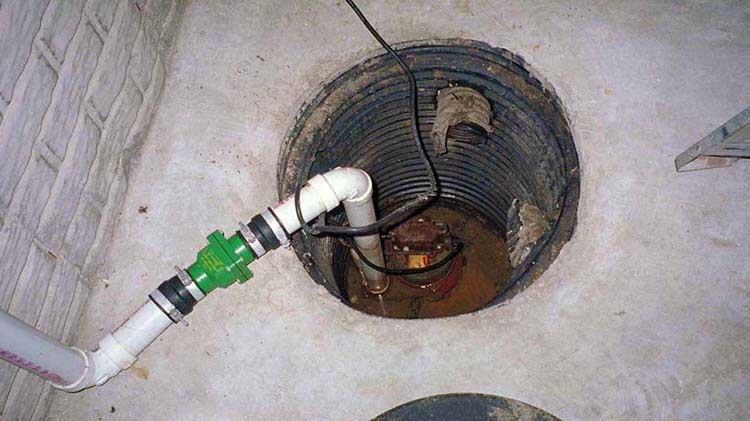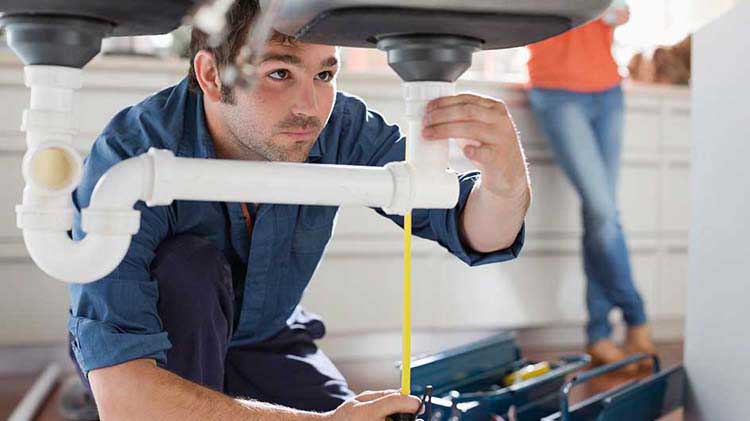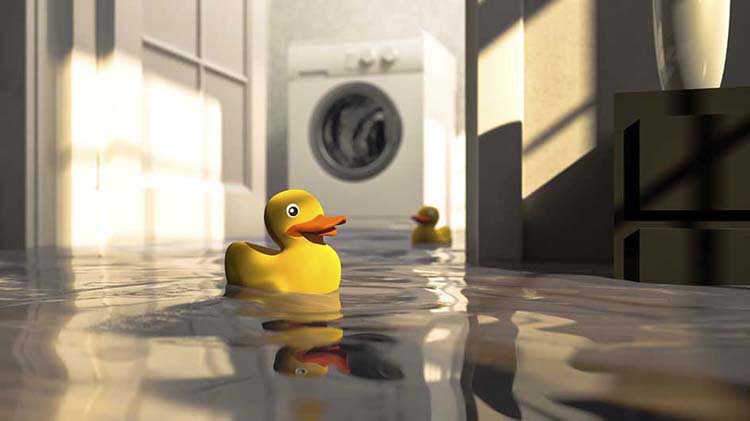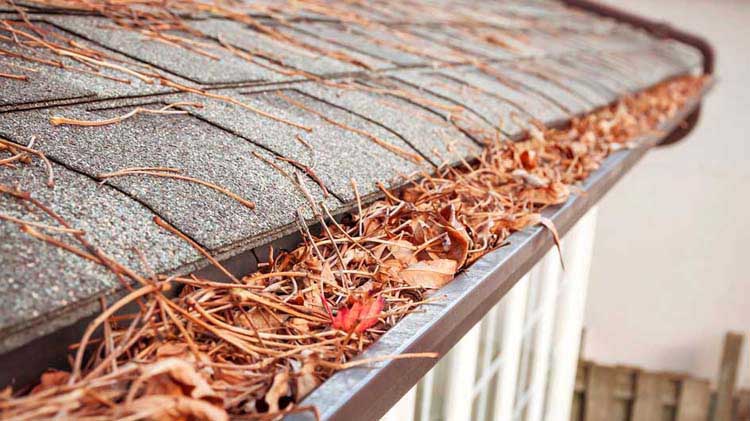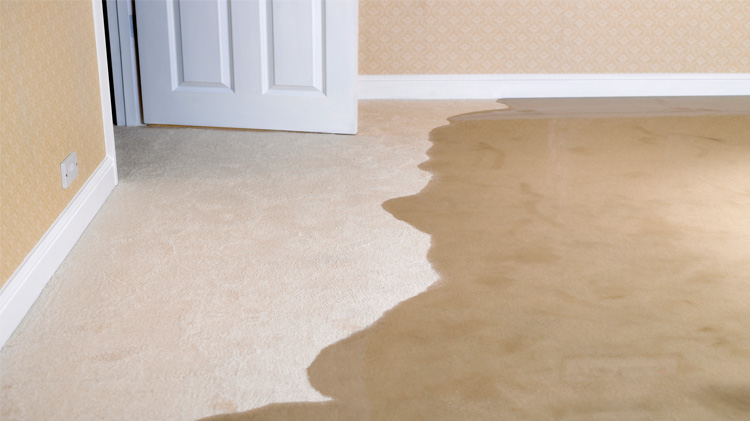Sump pump basics
Find out how sump pumps can help prevent water from damaging your home or business.
If your home or business regularly gets water in the basement, and you’ve already addressed the common causes of flooding and repaired any noticeable leaks or broken pipes, you may want to consider looking into getting a sump pump installed.
What is a sump?
A sump (sometimes called a sump basin, a sump pit or sump well) is a hole intentionally built at the lowest spot in a basement or crawlspace for the purpose of controlling where excess groundwater and rainwater collect.
What is a sump pump?
A sump pump is a small pump that is typically housed in a sump.
What does a sump pump do?
Sump pumps move excess water away from a structure’s foundation to help prevent water damage.
How does a sump pump work?
When the sump starts to collect water, the sump pump will kick on and begin pumping water out of the sump and into a more desirable location away from a structure’s foundation, like a sloped yard or a municipal storm drain.
Sump pump systems typically include three components:
- Primary pump – The main source of water removal, typically powered by electricity.
- Backup pump – Used when the primary pump fails, or the system loses power, or when the primary pump can’t remove water fast enough. Backup pumps are powered by either battery or water.
- Sump pump alarm – Lets you know when the water in the sump has risen to a level requiring additional measures to remove the water from the sump.
What are the different types of sump pumps?
There are three types of pumps:
- Submersible sump pump – Powered by a watertight electric motor that's coupled directly to the pump casing, this type of pump is designed to be immersed in water, so it sits down below the basement floor, completely hidden within the sump.
- Pedestal sump pump – Powered by an open electric motor, this type of pump (also called a "column type" or "upright" sump pump) is not designed to be submerged in water, so it sits outside the sump and above the basement floor.
- Water-powered sump pump – Powered by city water pressure instead of electrical power, this type of pump is designed to be submerged in water. Because it requires significant water pressure to function efficiently, it often can't be used if the water pressure is low or limited, or if the house gets its water from a private well.
Is sump pump failure covered by insurance?
There may be back-up of sewer or drain coverage available from your insurance carrier. See your insurance agent to discuss available coverages.
Do I need a sump pump?
Many basements have sumps built right into the floor. If this is the case, all you'll need is the pump itself. However, if your basement is not already equipped with a sump, a plumbing expert or contractor may be able to tell you if it's possible to retrofit it.
For more information on sump pumps, or to check if a certain pump is certified, visit the Sump & Sewage Pump Manufacturers Association.
